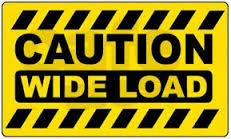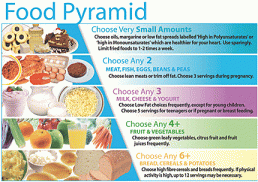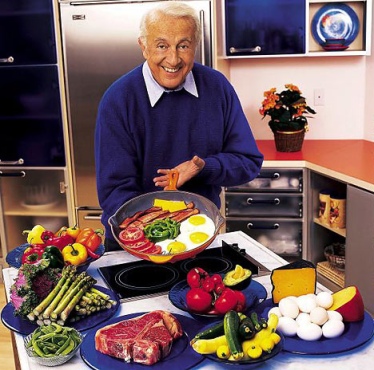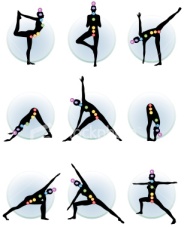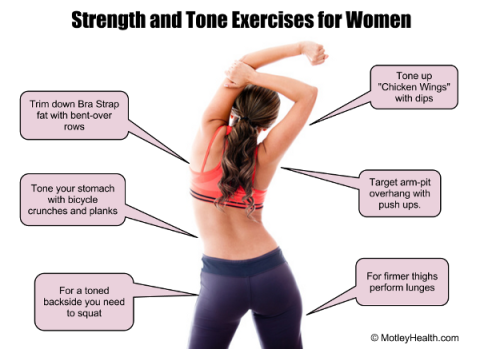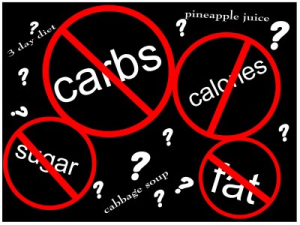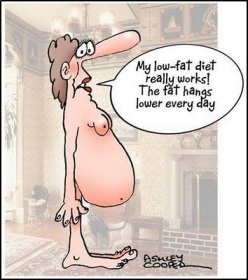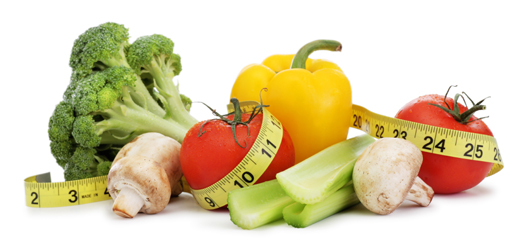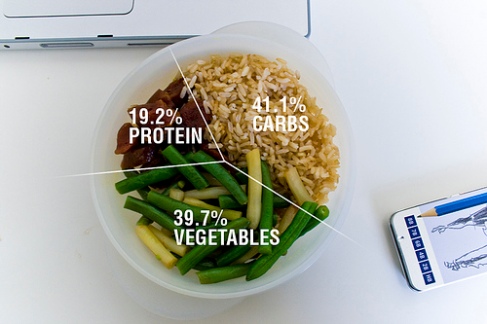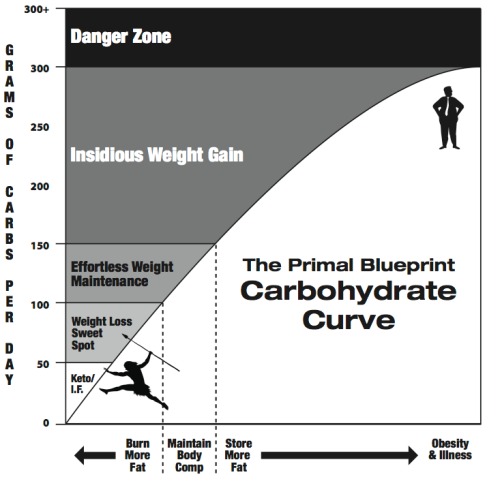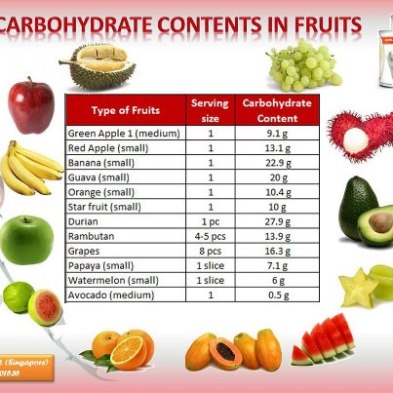For some reason, people are making more noise about the rising rates of obesity, diabetes and heart disease in Africa. The irony isn’t lost on anyone that, even as many people on our continent struggle to feed themselves properly everyday, we now have another section that seems to be eating themselves to an early grave. We are going through a ‘nutrition transition’ as the UN puts it.
The statistics, in my opinion, are a bit dodgy but we are definitely on an upward swing. And no, its not just South Africa and the Northern states.
If you live in a city anywhere in Africa, it’s pretty obvious that people are getting larger. We are still a long way from reaching the terrifying proportions found in some places, namely the US of A, land of the free and land of refined carbohydrates and sugar and additives and everything that is wrong with industrialized agriculture, but we aren’t safe.
Do we really need to worry about extra inches round our middles, or what we eat? The thing is, there isn’t much social stigma attached to being overweight in Africa. Here, you are rarely fat. You are big, you are healthy, you carry a ‘wide load’, you are plump, you have a big booty, etc. You will never lack suitors just because you don’t look like a Cosmo cover girl.
Only problem is, being overweight carries the risk of developing type 2 diabetes later on in life. Diabetes is basically when your pancreas give up after riding the sugar train for too long. Blindness, amputations, kidney failure and other nasty side effects are basically glucose poisoning. My grandma has diabetes. I can count at least two relatives who succumbed to it, and it’s not a pretty way to go.
Living in Africa (yes, I said Africa, with its many countries and diverse peoples and I know how many countries there are) means that, to some extent, we are protected from some of the more atrocious food crimes, such as antibiotic soaked meat, e-coli in salad vegetables and we aren’t exactly being avalanched by nutritionally worthless but calorie dense fast foods.
And of course there is the idea that our ‘traditional’ diets are very healthy, and that if we eat like this then we will live to be 120 like our great grandparents. Except that it’s not very true anymore. (Interesting study that compared Maasais with rural and urban Bantus and their overall body composition of Maasais, urban and rural Bantus to find out who would be the chubbiest.)
Living and working in a typical African city usually means wasting huge chunks of your day stuck in traffic, getting home late, and basically checking out in front of the tv or with a beer. Which is fine, because trying to go for a jog in Nairobi is ridiculous.
But it also means that we probably did not notice the creep in our diets: more refined carbs, more junk food, more options to eat out, more beer, more processed foods that contain hidden sugar, more soft drinks, etc, all the while buying bigger and bigger pants.
Our diets, already pretty heavy on the starches: I’m talking about maize in all its disguises, which isn’t as traditional as we are led to believe: ugali, sadza, paap, whatever you want to call it, its the same.
And now we have even more added carbs that turn into sugar in our bodies: living on wheat and maize and potatoes and cooking oil does not constitute being on our ‘traditional’ diet. (Pdf on history of food in East Africa)
The thing is, with the amount of pure carbohydrates and sugar we eat, and the lack of movement, we start to exhaust our pancreas.
Over the short term, an appetite out of whack, weight gain and inexplicable cravings.
Long term?
Diabetes and ‘lifestyle diseases’.
Learn about proper nutrition. Take charge of your health today.
